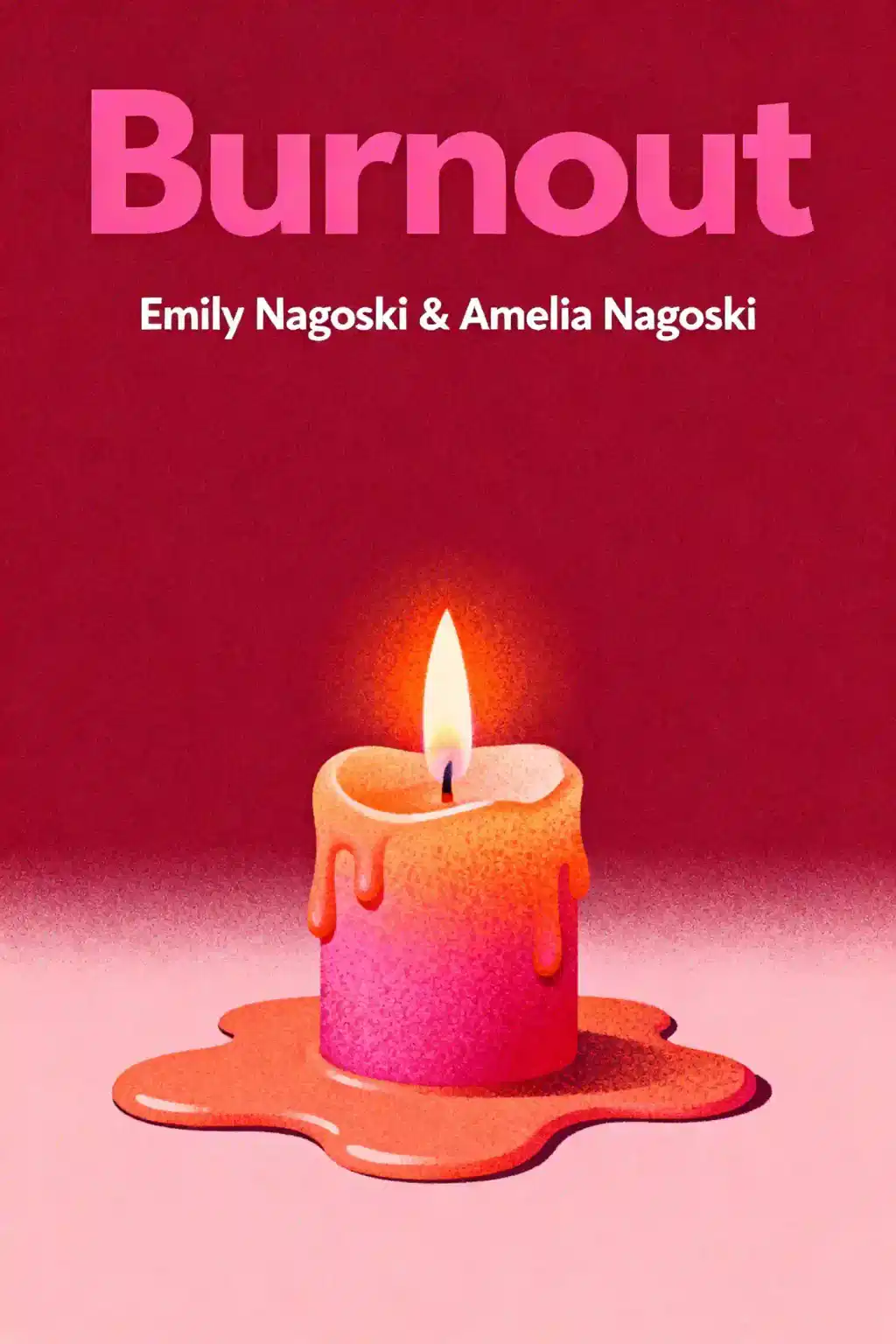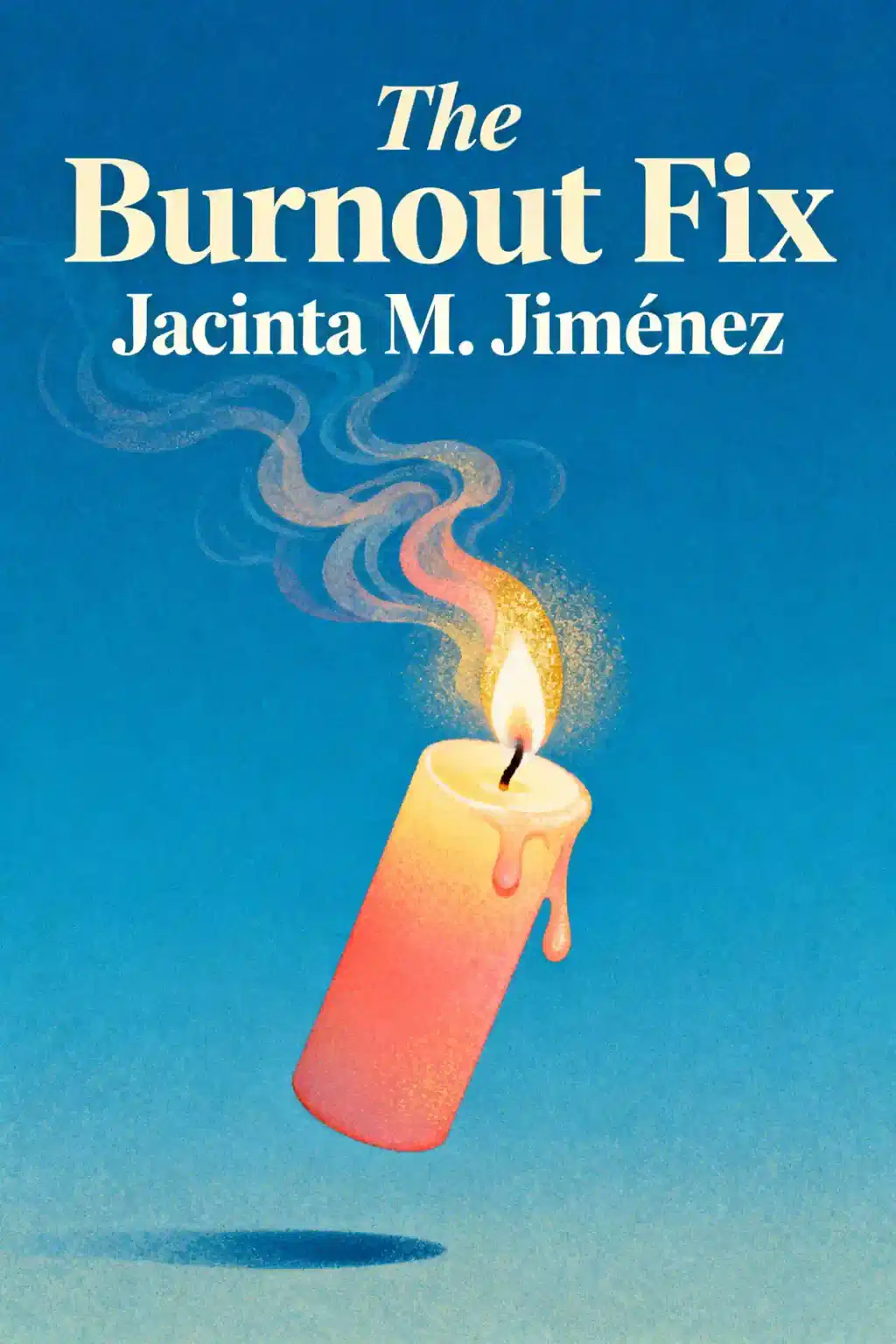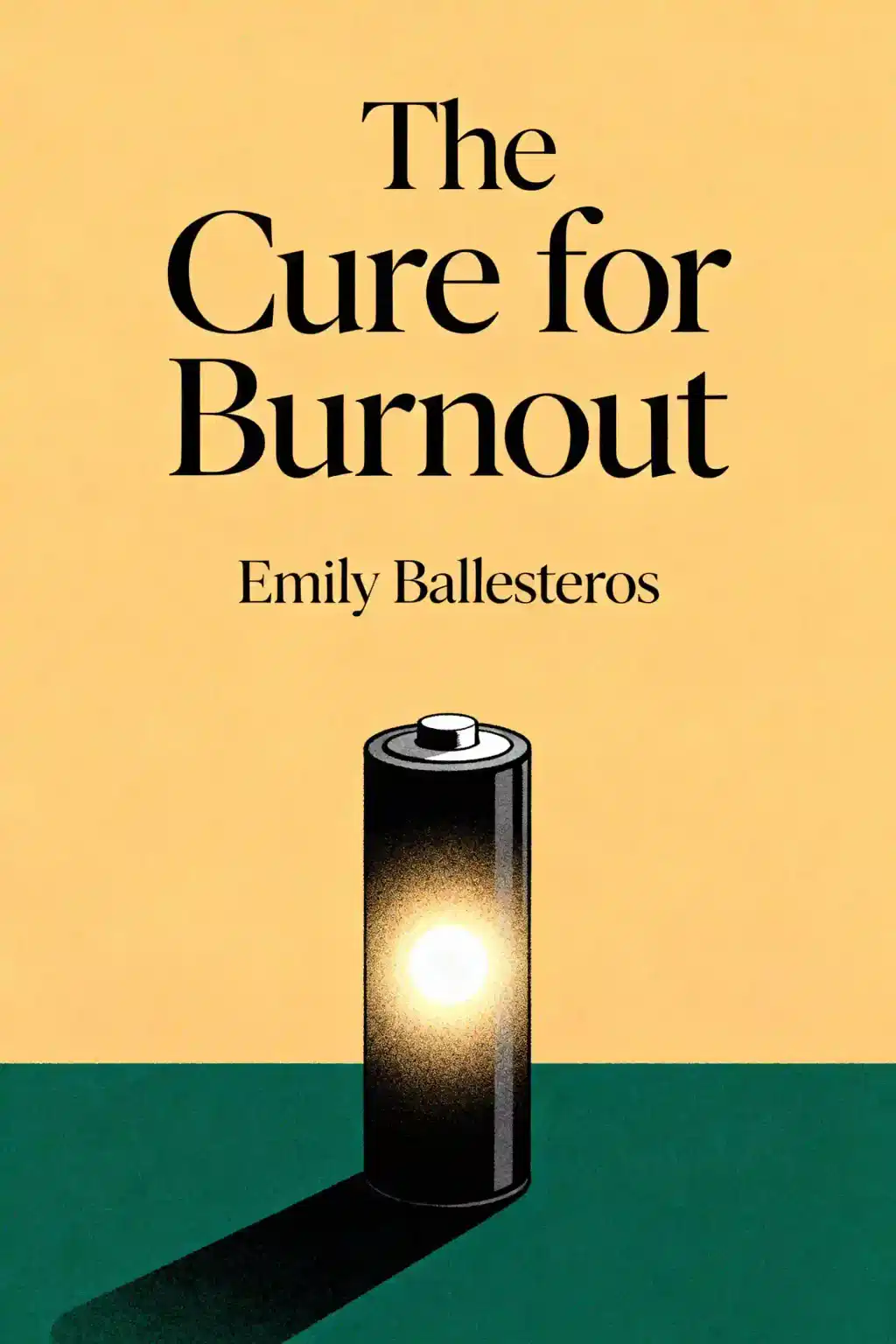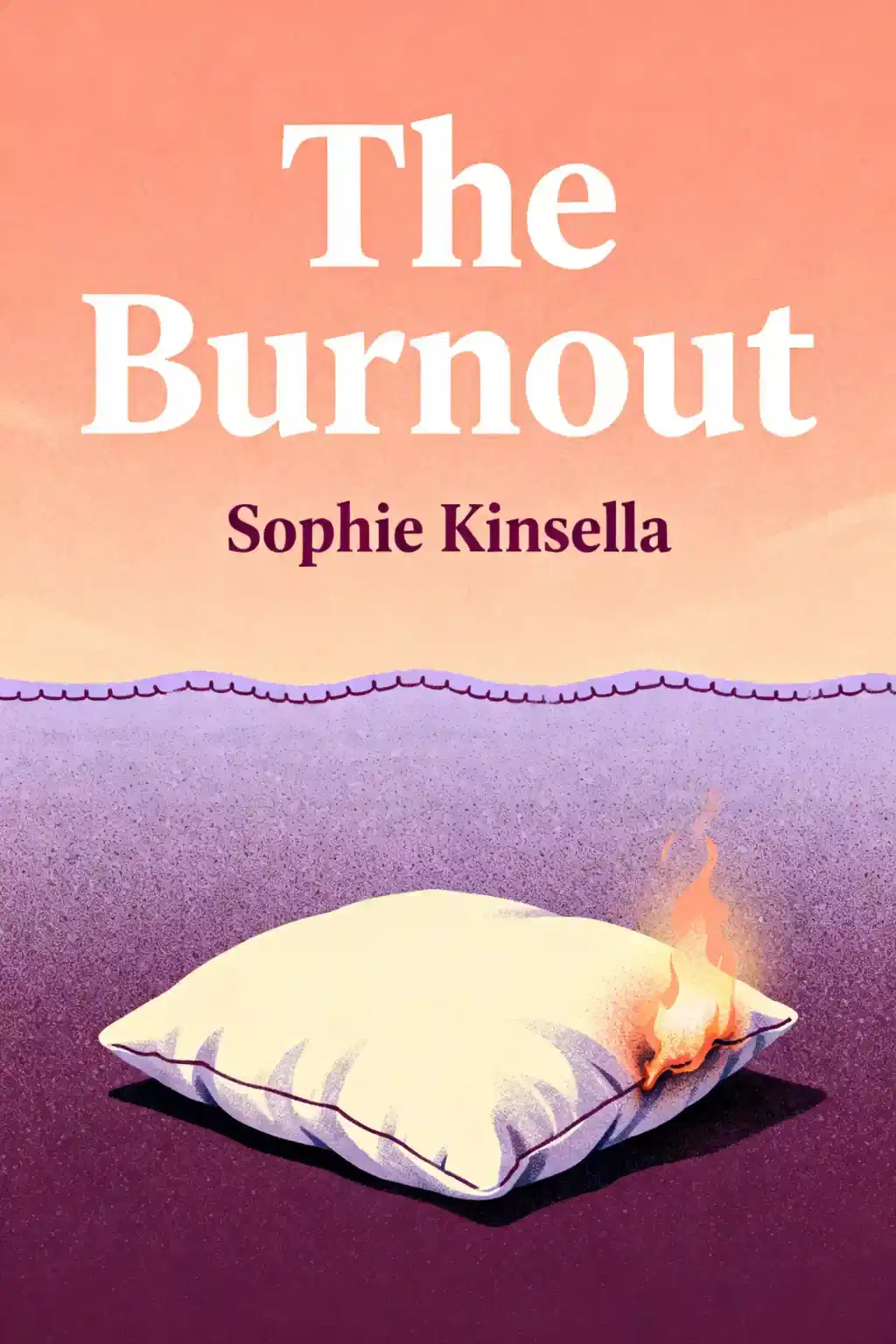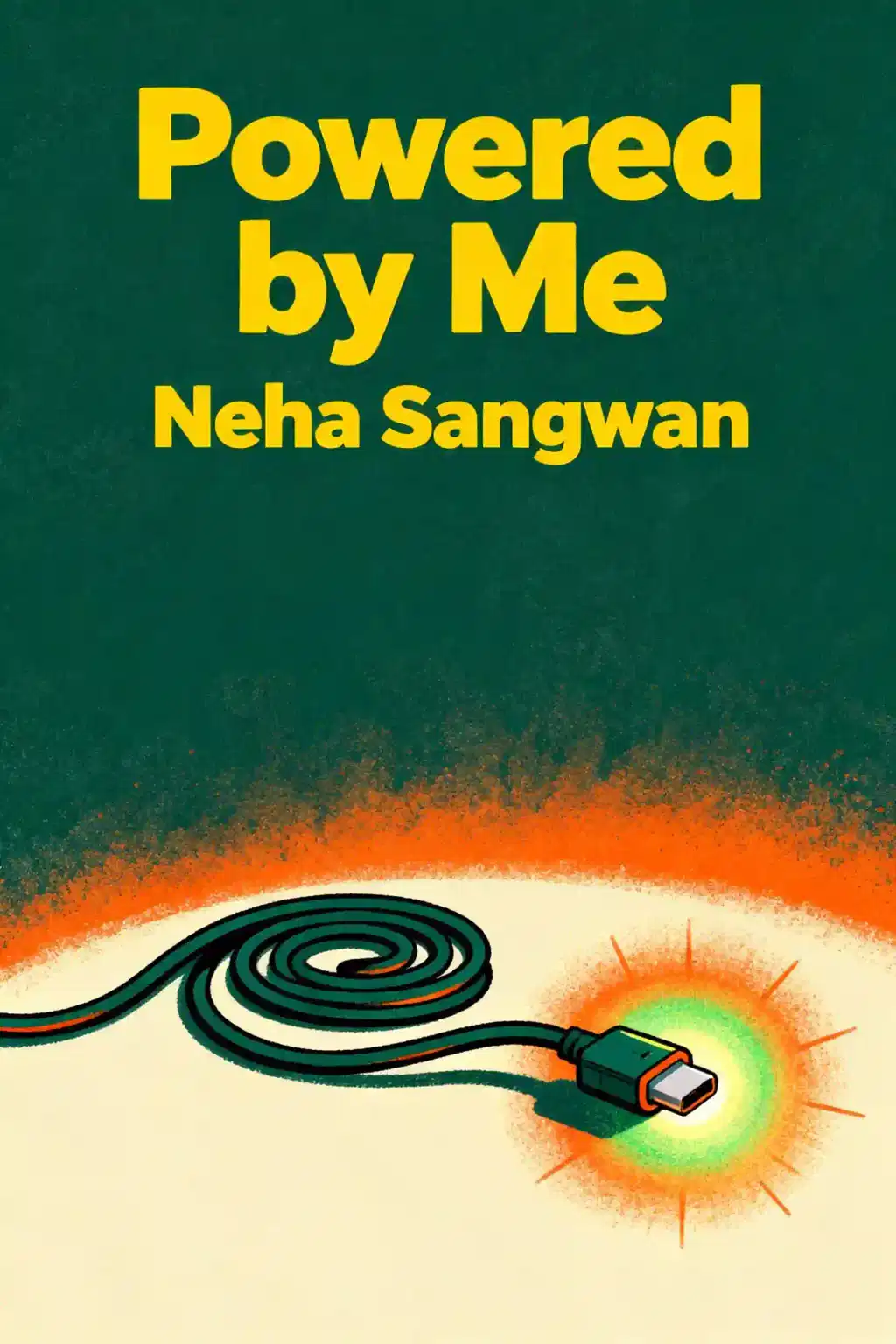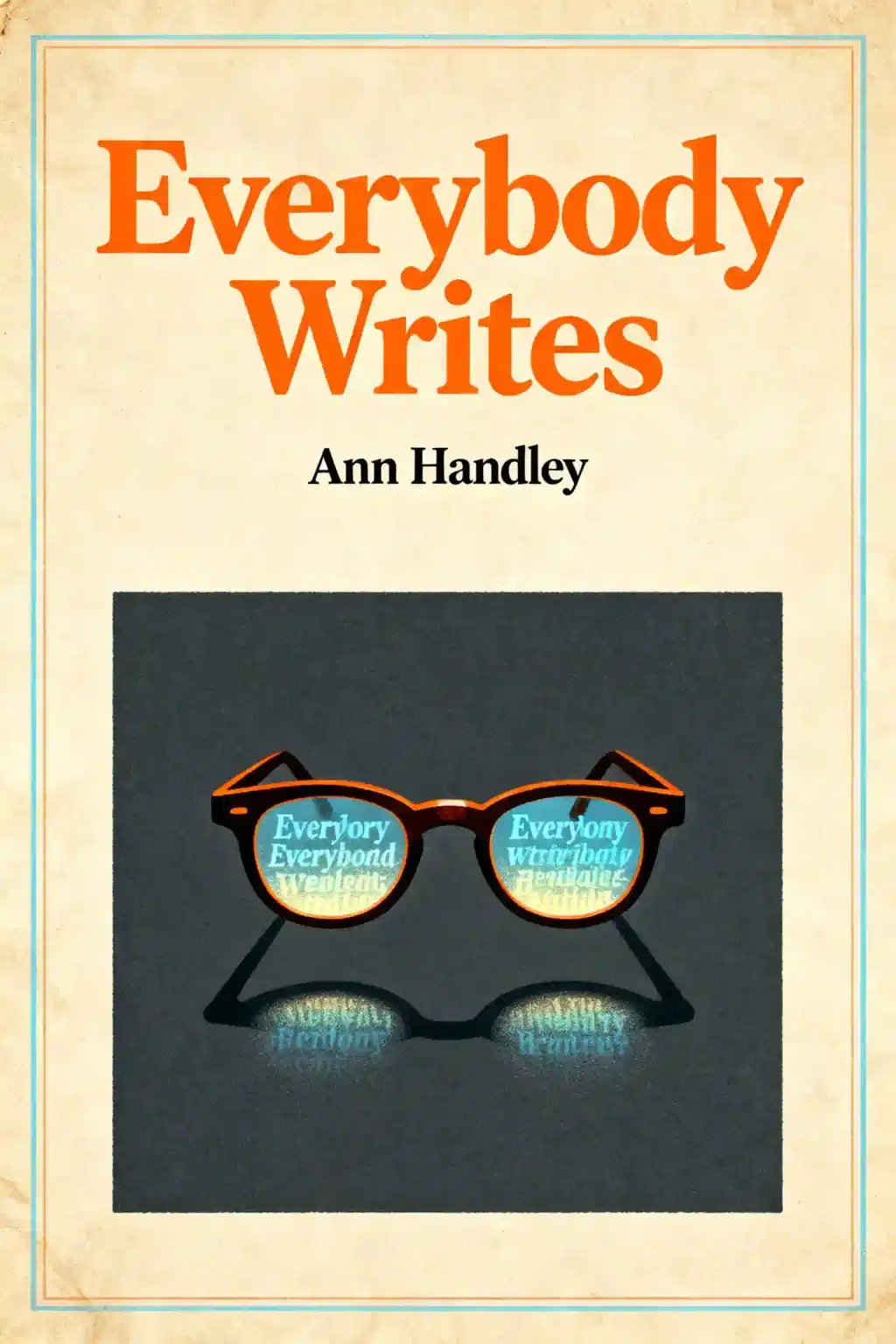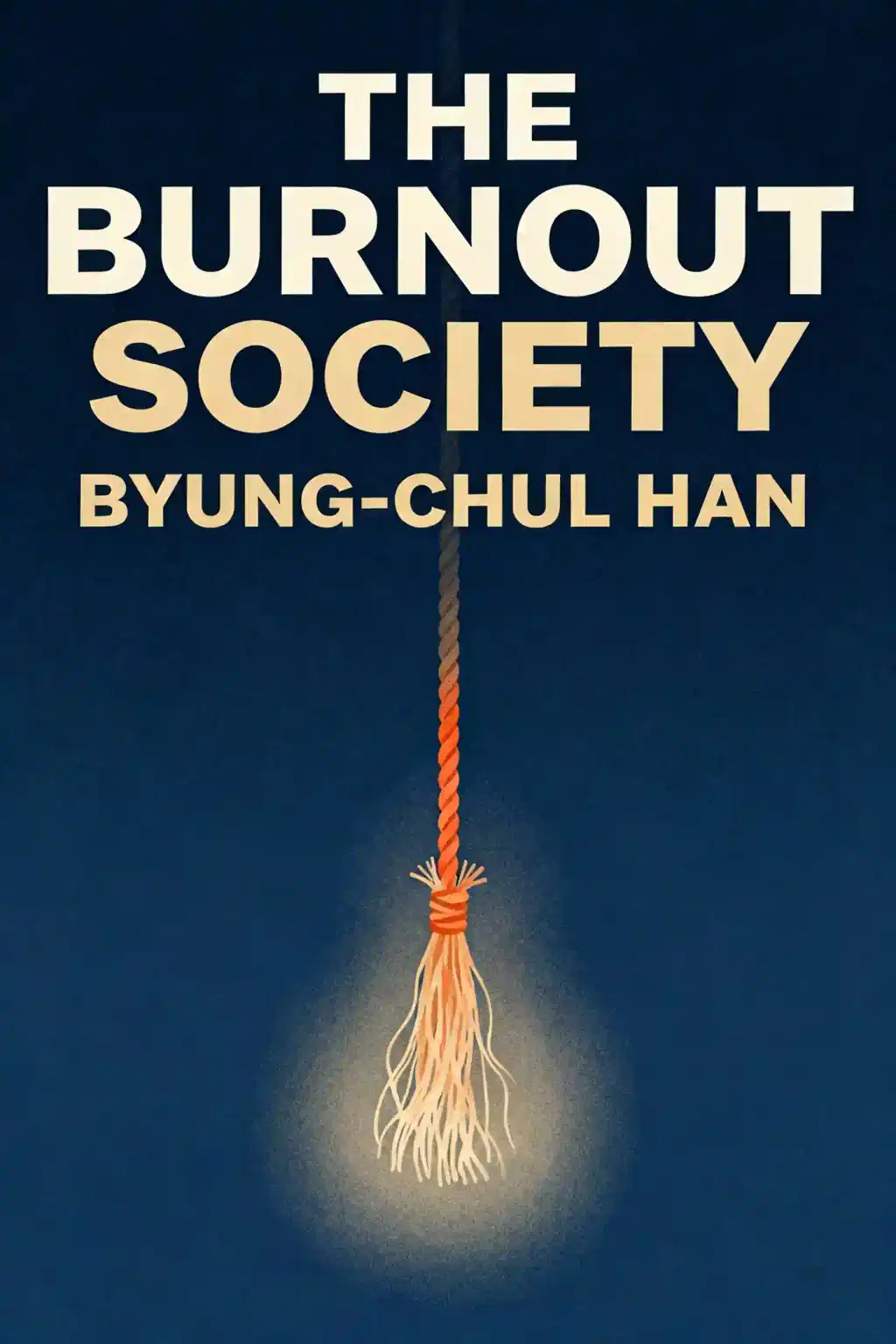
The Burnout Society by Byung-Chul Han Summary
Overview of The Burnout Society
In "The Burnout Society," philosopher Byung-Chul Han dissects our exhaustion epidemic, where we've become both slave and master. With over 21,000 ratings, this cultural phenomenon reveals why our pursuit of achievement is killing us - and what contemplative negativity might offer as salvation.
Similar books to The Burnout Society
Feel the book through the author's voice
Turn knowledge into engaging, example-rich insights
Capture key ideas in a flash for fast learning
Enjoy the book in a fun and engaging way
Key takeaways
When Freedom Becomes a Prison
You wake up at 5 AM-not because anyone forces you, but because you've convinced yourself that successful people rise early. You meditate for productivity, exercise for performance, network for advancement. By noon, you're exhausted, yet you haven't stopped moving. Sound familiar? This isn't oppression in any traditional sense. No one is holding a gun to your head. Yet somehow, you feel more trapped than ever. Welcome to what philosopher Byung-Chul Han calls the achievement society-a world where we've become both master and slave, entrepreneur and exploited worker, all rolled into one exhausted package. The most disturbing part? We call this freedom. Every era has its signature afflictions. The Middle Ages had the plague. The 20th century battled viral epidemics. But today's defining illnesses-depression, ADHD, burnout-don't come from external invaders. They emerge from within, born not from scarcity but from excess. This is what makes them so insidious and so difficult to understand using traditional frameworks of health and disease. Think about how your grandfather's generation understood illness. There was always an enemy: bacteria, viruses, foreign agents attacking from outside. Society itself operated on this immunological model-clear boundaries between us and them, inside and outside, safe and dangerous. The 20th century was defined by this logic of exclusion, of protecting the self against the threatening other. But that world has vanished. Today, the "foreign" has been replaced by the "exotic"-difference without danger, otherness as entertainment rather than threat. We don't fear invasion; we fear irrelevance.
The Violence of Unlimited Possibility
The Tyranny of Self-Exploitation
The Fragmentation of Attention
The Lost Capacity for Resistance
Two Kinds of Tiredness and the Path to Recovery
Reclaiming Life from the Performance Machine
Quick Summary Mode - Read or listen to The Burnout Society Summary in 11 Minutes
Break down key ideas from The Burnout Society into bite-sized takeaways to understand how innovative teams create, collaborate, and grow.
Flash Card Mode - Top 8 Insights from The Burnout Society in a Nutshell
Distill The Burnout Society into rapid-fire memory cues that highlight Pixar’s principles of candor, teamwork, and creative resilience.

Fun Mode - The Burnout Society Lessons Told Through 25-Min Stories
Experience The Burnout Society through vivid storytelling that turns Pixar’s innovation lessons into moments you’ll remember and apply.
Personalize Mode - Read or listen to The Burnout Society Summary in 0 Minutes
Ask anything, pick the voice, and co-create insights that truly resonate with you.

From Columbia University alumni built in San Francisco
"Instead of endless scrolling, I just hit play on BeFreed. It saves me so much time."
"I never knew where to start with nonfiction—BeFreed’s book lists turned into podcasts gave me a clear path."
"Perfect balance between learning and entertainment. Finished ‘Thinking, Fast and Slow’ on my commute this week."
"Crazy how much I learned while walking the dog. BeFreed = small habits → big gains."
"Reading used to feel like a chore. Now it’s just part of my lifestyle."
"Feels effortless compared to reading. I’ve finished 6 books this month already."
"BeFreed turned my guilty doomscrolling into something that feels productive and inspiring."
"BeFreed turned my commute into learning time. 20-min podcasts are perfect for finishing books I never had time for."
"BeFreed replaced my podcast queue. Imagine Spotify for books — that’s it. 🙌"
"It is great for me to learn something from the book without reading it."
"The themed book list podcasts help me connect ideas across authors—like a guided audio journey."
"Makes me feel smarter every time before going to work"
From Columbia University alumni built in San Francisco

Get the The Burnout Society summary as a free PDF or EPUB. Print it or read offline anytime.
